Su gentile concessione dell’autore, pubblichiamo questo articolo apparso sulle pagine online di Oriental Review.org
The civil war in Syria, the attempts of ousting Bashar Al-Assad from Syrian Government and the consequent formation of new terrorist groups have deep roots and untold causes that have to be investigated, yet. What about their consequences in the near future?
US is gambling credibility away in the Syrian conflict. As a matter of fact, Barack Obama’s administration in foreign policy has become closer to George W. Bush’s in terms of results and involvement in different war scenarios. Stars and stripes-mojo is now fading away and Fukuyama’s “End of History” is going together with Samuel P. Huntington “Clash of Civilization” in the ash heap of History. The promotion of global American leadership seems to be a long-gone concept if compared to the geopolitical strategy and the moves that US is making now on the worldwide geopolitical chessboard.
Russia is now emerging from the ashes of post-soviet destruction (remember “Black October 1993”?) and seems to be in advantage in every field previously occupied by the US. Russian preponderance is clear in the Syrian scenario: on one side, Russia and Syria are really fighting Islamic extremism, on the other US are showing worldwide, despite the coverup made by Western media, their “throwing pillows” attitude at terrorists. US and their allies are playing a dangerous game on the edge of the razor in order to regain lost ground. It seems that they are paving the path for another war centered on geopolitical and strategic advantages.
For those who really analyze international politics, human rights and humanitarian reasons have little to do with the real interests in the Near-Middle East Region. Despite the undeniable Russian interests in Syria, especially for the Tartus area where the URSS built a naval supply and maintenance base in 1971, it’s also obvious that Syria is a meeting point of US and their allies’ interests. The interests of US have a reflection on the ‘bureaucracy empire’ of EU and its subjugated states. Europe has been long looking for energetic independence, but it seems there’s no way alternative to Russia to achieve it, despite some leading-to-nowhere proposals.
It becomes clear that a further implementation of a US-friend state role in the field of energy, would be a strategic advantage in order to divide again the Eurasian continent. Starting from this background context we can assume that there’ll be a great competition to gain access to european energetic market. In order to achieve this objective, two states, Qatar and Iran began fighting a strategic war. Qatar and Iran have control on the South Pars natural gas consolidate field, located in the Persian Gulf. Each of these two states has a different project in order to expand its turnover. On one side, Iran has been planning for years a cooperation project with Iraq and Syria with the construction of a 5.600 km natural gas pipeline named “Islamic Pipeline”. On the other side, Qatar has its own alternative project called the “Qatar-Turkey Pipeline” involving Saudi Arabia, Jordan, Turkey and necessarily Syria. Of course, Bashar Al-Assad’s government is unwilling to approve the construction of this pipeline and here comes the necessity for Qatar to bring chaos inside the Syrian State and hope in a forthcoming turnover of the Syrian government.
The shooting down of the Russian SU-24 in Syria led to the suspension of the negotiations on Turkish Stream, another natural gas pipeline connecting Russia and Turkey via Black Sea. US “divide and conquer” tactic, is again producing its consequences in Eurasia, but it seems that the new front in the “War on Terror” is bringing many negative consequences to their own allies and proxy actors, while foreign fighters and the so called “moderate rebels”, once smuggling oil in Turkey, are creeping away from Syria leaving behind their back proofs of weird connections – as denounced in a Amnesty International report about Islamic State weapons indirect supply.
US and their loyal petrol-states are making for the economic annihilation of their own allies, and it seems that only Russia and China have the power to pull them over before the “point of no return” in Syria.
The final question question is: will the US allies (European Union and others) continue to follow a foreign policy based on the “Assad must go” mantra or they will start building a new Eurasian dimension in their policy realizing the losses they suffer as a result of NATO and US unilateral actions in Syria?
Marco Nocera

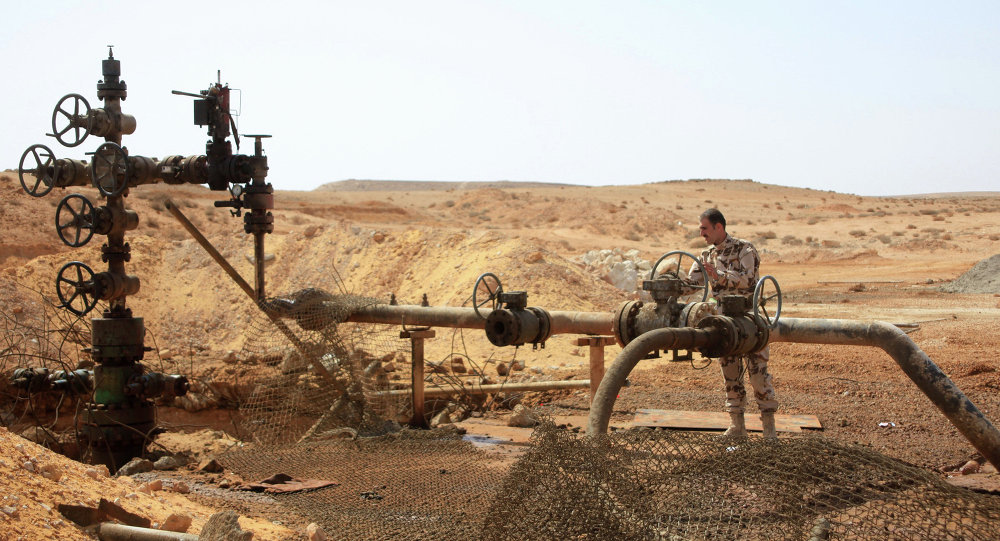


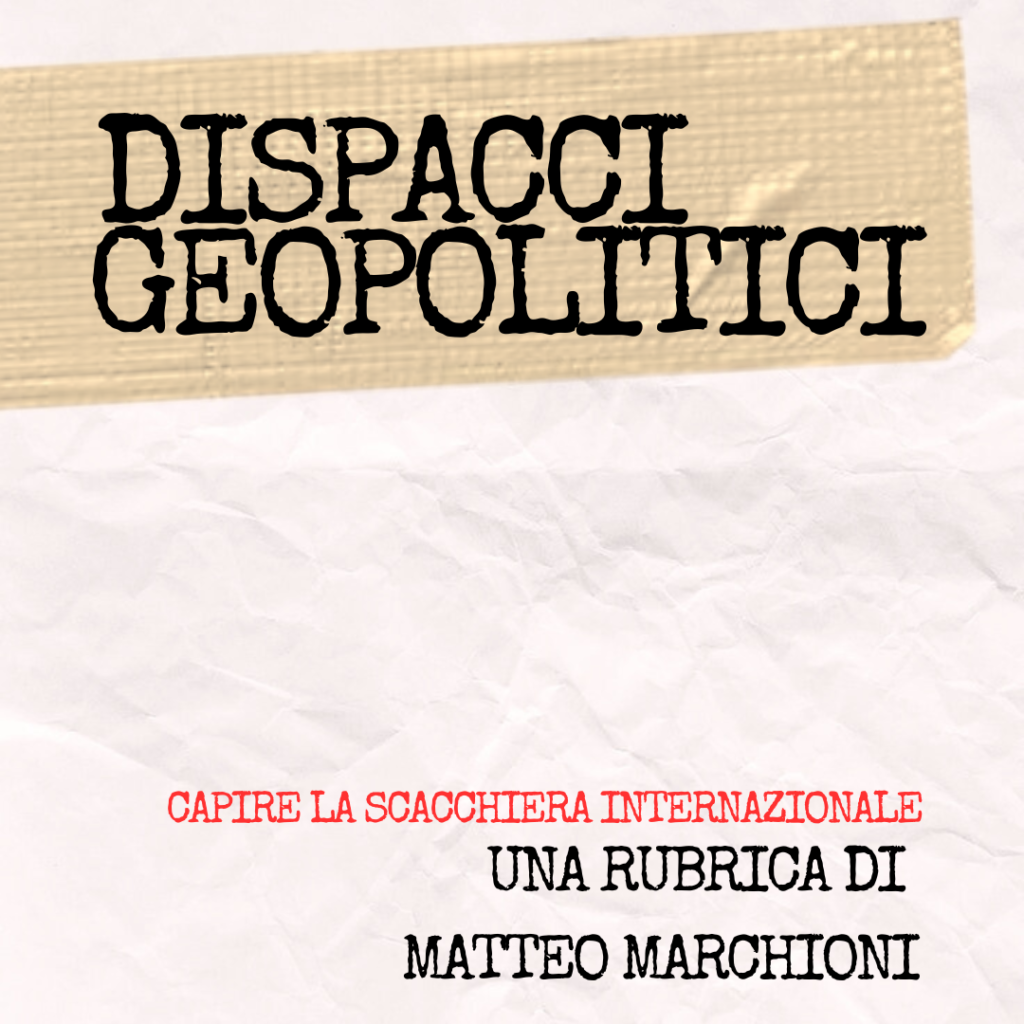

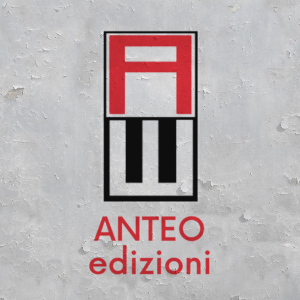
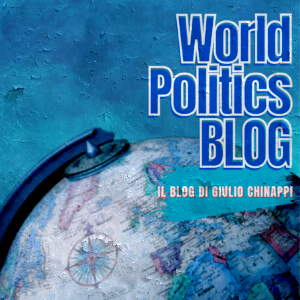





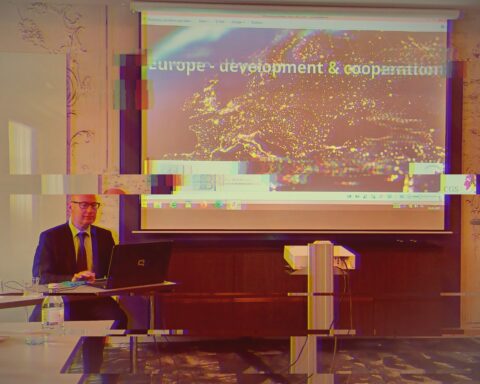




Il CeSE-M sui social